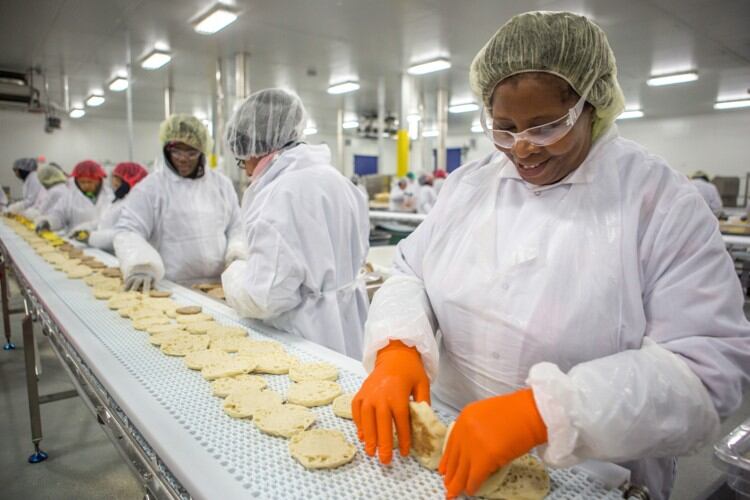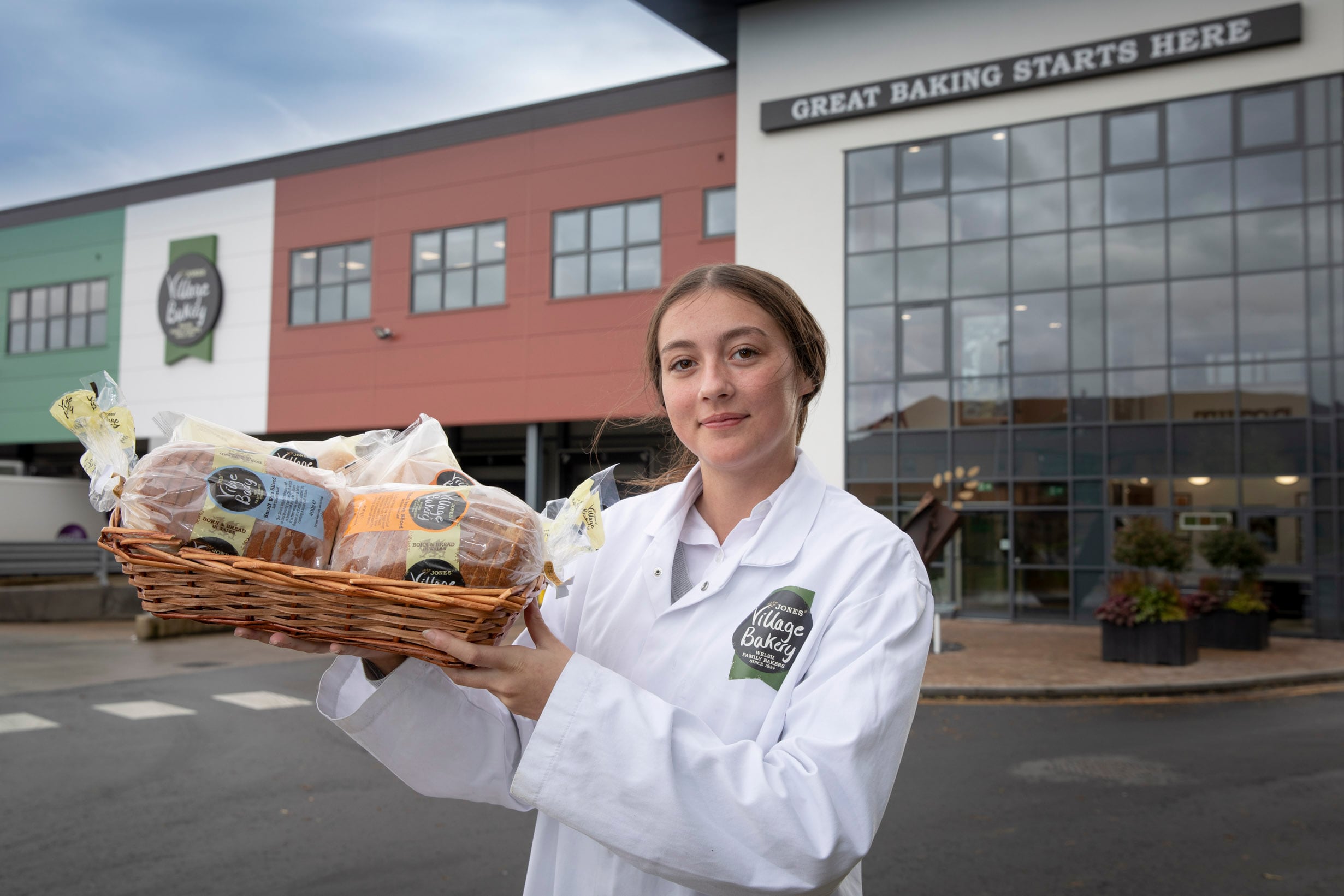NSAFD’s latest keynote report found that rising costs and labour shortages had accelerated transition to greater use of automation and digitally-controlled production, but economic and political uncertainty have undermined business confidence and ability to invest – both in new plant and necessary workforce training for its effective use.
More than three quarters (77%) of businesses are suffering from staff shortages in jobs without high skill hurdles, while 45% said the situation was chronic. About 60% of food and drinks businesses said they experienced low applications for advertised jobs, resulting in higher labour costs.
Smart tech uptake
The uptick in labour shortages and demand for increased productivity has sparked a more widespread uptake of smart technology manufacturing processes. However, economic and labour market challenges – coupled with the threat of recession – were liable to affect the ability and willingness to invest.
The rise of smart tech in the factory will, in turn, require staff to have a range of multi-disciplinary business skills in future “not typically associated with food production”.
Skills would include – but were not limited to – digital skills, procurement, supply chain management, environmental management, sustainability and data analysis and management.
The report also found that more than 80% of surveyed businesses were in favour or strongly in favour of the Apprenticeship Levy but most wanted greater flexibility in its use to support other programmes, traineeships and employees.
‘Time of economic challenge’
NSAFD chief executive Louise Cairns said: “Small and medium-sized businesses form the vast majority of UK food and drink firms. As an organisation dedicated to helping companies grow by strengthening workforce skills and attracting new talent, we want to ensure they have access to vital ‘Big Picture’ data at this time of economic challenge.
“Larger manufacturers may be able to turn to internal resources to assess changing market pressures but we're absolutely certain they will also find a range of information nuggets in this landmark report.”
Meanwhile, earlier this month, pork producer Pilgrim’s UK announced plans to launch a Butchery & Abattoir Academy to recruit new talent into the industry and creating dedicated facilities at its sites.





